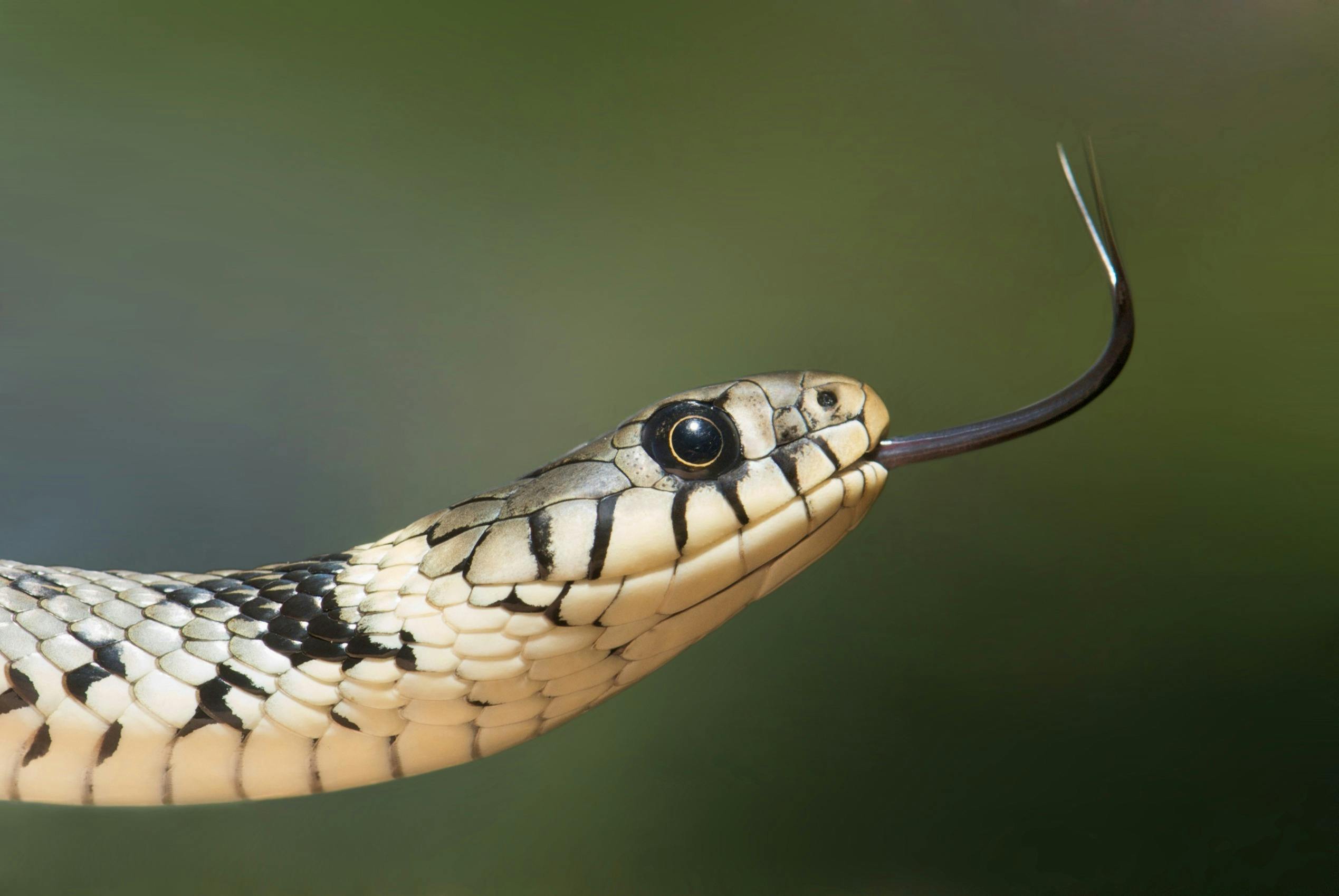While pet snakes can be fascinating companions, they can also bite if they feel threatened or stressed. Understanding how to respond to a snake bite is crucial for your safety and your snake's well-being. Here’s a guide on what to do if you find yourself on the receiving end of a bite..

1. Stay Calm
The first step is to remain calm. Panicking can increase your heart rate and make the situation worse. Remember that most pet snake bites are not venomous, especially if your snake is a non-venomous species.
2. Assess the Situation
- Identify the Snake: Know the species of your snake. Many pet snakes, like corn snakes and ball pythons, are non-venomous. However, if you have a venomous species, it’s essential to recognize it immediately.
- Evaluate the Bite: Look for symptoms such as bleeding, swelling, or pain. Most bites will not require serious medical attention, but it’s important to assess the severity.
3. Clean the Wound
If the bite has broken the skin:
- Wash the Area: Use mild soap and clean water to gently cleanse the wound.
- Disinfect: Apply an antiseptic solution to reduce the risk of infection.
4. Control Bleeding
If the bite is bleeding:
- Apply Pressure: Use a clean cloth or bandage to apply gentle pressure to stop the bleeding.
- Elevate the Area: If possible, raise the affected limb to reduce blood flow to the area.
5. Monitor for Symptoms
After cleaning the wound, keep an eye out for any unusual symptoms:
- Infection Signs: Redness, swelling, warmth, or pus can indicate an infection.
- Allergic Reactions: If you experience difficulty breathing, swelling, or hives, seek medical attention immediately.
6. Seek Medical Attention
If the bite is severe, continues to bleed, or if you have concerns about infection or allergic reactions, visit a healthcare professional as soon as possible. Bring along your snake, if safe to do so, so the vet can identify the species and provide appropriate care.
7. Evaluate the Cause of the Bite
Understanding why your snake bit you can help prevent future incidents:
- Stress: Ensure your snake's environment is suitable and stress-free.
- Handling: Avoid handling your snake when it’s in a defensive posture or after feeding.
- Signs of Illness: If your snake is unwell, it may be more prone to bite. Consult a veterinarian if you notice behavioral changes.
8. Prevent Future Bites
To minimize the risk of future bites:
- Learn Proper Handling Techniques: Educate yourself on how to handle your snake safely and confidently.
- Create a Comfortable Habitat: Ensure your snake has an appropriate habitat, including hiding spots and proper temperature and humidity levels.
If you have questions and you'd like to reach out to us, you can call us directly at (602) 833-7511, or you can email us at [email protected]. Don't forget to follow us on social media Facebook, Instagram.
